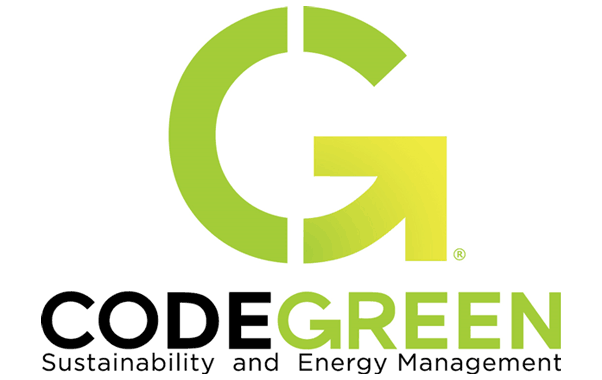Code Green Solutions


LEED has been an effective tool both in terms of helping designers to create better performing buildings, and also in creating a market-awareness that, despite their outward appearance, not all buildings are the same. There has been a good deal of research completed into the performance benefits and construction costs of LEED certified buildings. Although early research focused on commercial buildings, residential buildings have now begun to attract attention. While productivity gains, seen in LEED offices, may not be as important a factor in residential buildings, the benefits of lower operating cost, improved comfort, and occupant health are things most home owners are interested in. Perhaps even more important to home owners is how LEED certification impacts the resale value. A 2012 study conducted in California indicated that purchasers were willing to pay a 9% premium for a low rise home with some form of green building certification. We were curious to find out whether a similar relationship between certification and resale value existed in high-rise condos.
A joint study, completed by TD Economics and real estate developer Minto, examines resale transactions from Toronto’s 16 LEED certified condominium buildings, certified between 2006 and 2013, as well as transactions from 20 non-certified buildings of similar size and age, built in the same neighbourhoods. After completing statistical analysis using hedonic regression, we were excited to discover that not only was there a resale premium associated with LEED-Silver certification of 5.7%, but that the premium increases to 14.9% with LEED-Gold certification.
Read the full report, authored by TD Economist Brian DePratto here: http://www.td.com/document/PDF/economics/special/GreenCondos.pdf